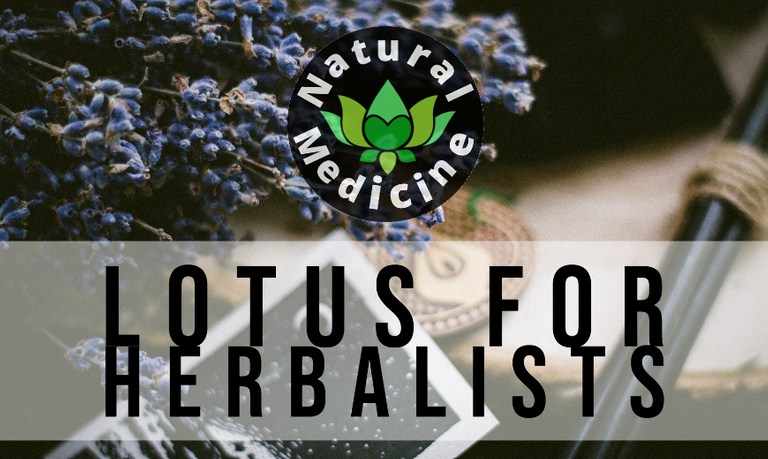
When I was a teenager, my mother had a huge herb garden that somehow thrived in the clay soils of the coast I grew up on. I remember the starred flowers of borage, the soft leaves of chamomile and the pungent mints, and her sending us looking for plantain in exchange for a dollar. For many of us, our relationship - and love of - the natural world starts young, in childhood memories or with a fascination of the natural world to provide, calm and heal.
Whilst we may not always be qualified herbalists, for those who love the plant world and it's capacity to nourish, support and heal our bodies, we are qualified enough. In fact, many of us resent the need for a formal qualification because herb lore - the wisdom of plants - has been passed down through generations upon generations, free of charge. My grandmother made calendula cream with marigolds from her garden and free lard from the butcher. She masticated comfrey and put it on scratches on her arm from weeding the lower reaches of her garden. She gave us tea in which tiny yellow chamomile flowers happily swum. She could not tell us the science of it, had we asked, but, raised on a farm in Germany, she simply knew what was good for a headache or a burn. In all likelihood, the information she knew had been passed on to her from her grandmother, and so on, into the midsts of time.
Herbcraft was always my interest and passion and why I co-founded Natural Medicine to begin with. Since then, of course, it has grown into something that encompasses and celebrates many healing modalities, from meditation and yoga, to TCM and ayurveda, all of which I read under the #naturalmedicine tag with interest and curiousity. We might be our own healers, but it sure does help to learn stuff to support that healing process! And so I have learnt about moringa and ashwanghwa, juniper berries and calabash, white sage and skullcap, and many, many other plants beside.
This journey of discovery to know all that can be known about medicinal plants, Susan Weed suggests, can last seven lifetimes. Being on this cryptocurrency driven social media of Steemit - and now, it's token supported offshoot NaturalMedicine.io, has inspired me to go deeper, and I have found myself journalling what I have learnt and investigating the anecdotal lore and scientific research behind the herb that calls to me that week, or month. This winter plantain has been a big focus, as well as oregano essential oil, and sage.
The thing is, we don't have to be experts when we study and write about herbs and their medicinal uses, and nor should we pass ourselves off as experts. In fact, Natural Medicine encourages a disclaimer at the end of anyone posting advice about herb use. And we should, just in case - many do not realise the many contraindications and dangers of recommending a herbal medicine to all and sundry without consideration of the many, many factors that make up an individual. We encourage you to consult with professionals with the use of any plant medicines and to know your poisons.
However, we also encourage a dialogue with the natural world, and a vigorous study of the research to date that might inform your choices when it comes to herbal medicines. This can be a far more interesting publication on the Natural Medicine platform than one suggesting it is an ultimate authority. A personal dive into the exploration of a herb as well as supporting research and musings about what it might be used for makes for fascinating reading, and a fascinating study - think of such publications as a kind of journalling, and an invitation for further dialogue. There is nothing better than writing something and humbly accepting being proven incorrect, or someone adding value to your post by talking about their own study of said herb, or how it may have affected them.
This is a social media after all - and one that can have far more interactions that blog posts written into the void.
And this is what it should be. Susun Weed again - she calls herbs 'the people's medicine'. The interaction of people with ecological processes has been a mainstay of individual and community health since the first time man realized a plant could sooth an itch. Whilst drug companies have their place and extract plant medicines for a supplement industry and patent particular formulas, and we can't totally disregard modern medicine for their research into the plant world for the good of mankind, ultimately, the interaction with the plant world on this level began with people, and continues with people.
This is why I'm excited about LOTUS coin as an incentive for people to write about their adventures and investigations into the plant world, and I'm thrilled to have the opportunity to support and encourage people to be curious and to tell us what they've learnt. Let's keep herb lore with the people, for the people.
This is an edited version of a post that has previously been published on Hive.blog, updated for www.naturalmedicine.io. The proceeds of this post go towards the support of bloggers on HIVE who post #naturalmedicine content.

Earn Instantly For Writing Natural Health Content
Earn LOTUS and HIVE rewards for sharing your natural health content on www.naturalmedicine.io. If you don't already have a HIVE account, you can sign up for FREE here. We support writers sharing about herbalism, TCM, yoga, meditation, vegan and other healthy diets, as well as earth centred practices such as foraging, permaculture and biodynamics - read more about us on our Welcome Page!
↘️ Don't Have a HIVE Account? Click Here To Start Earning LOTUS ↙️

Delegate II Community II Discord


Get them plant people! I will do my best to get them inner-work types! <3 Obviously they overlap Obviously they overlap
Getting ready to power up too :-D